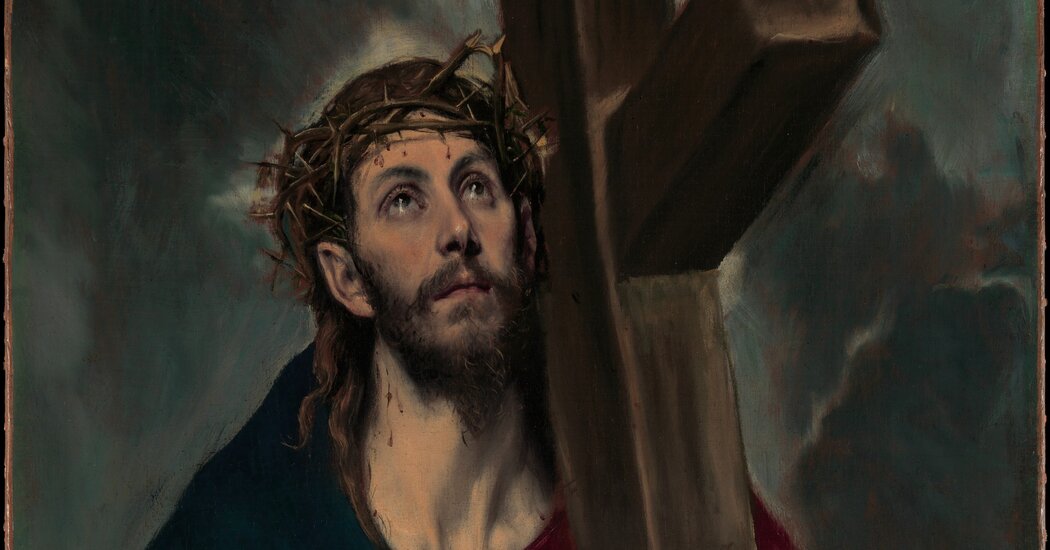Elaine Pagels, the best-selling author and Princeton professor, explains her interest in the life of Jesus in much the same terms. She opens her new book, “Miracles and Wonder,” with an account of her youthful dissatisfaction with the milquetoast Methodism of her suburban-California youth, with the more richly sacramental yet dourly punitive Catholicism and, finally, with the firebrand evangelism of Billy Graham that, despite its apparent joie de vivre, indulged the same willingness to condemn nonbelievers to eternal hellfire. But there persisted in her a fascination with Jesus, from whose personal existence the whole imaginative galaxy of Christianity seems to have sprung.
The “quest” for Jesus, as the prominent 20th-century theologian Albert Schweitzer memorably called it, has taken on many forms. Pagels takes the historical approach — which, since Strauss’s day, has proliferated widely, transforming from a philosophical insurgency to a mainstay of academic and even theological inquiry — drawing on the Gospels, contemporaneous primary source accounts and centuries of academic research to answer the questions of who, in fact, Jesus was.
Undoubtedly, the most attention-grabbing of these has to do with the circumstances of Jesus’ birth. According to Pagels, the doctrine that says that Jesus was born of a virgin is likely a later insertion into the story by Gospel writers seeking to overcome the “inconvenient fact” of his presumed illegitimacy.
But unlike some of the early slander they were defending against — that Mary was promiscuous — Pagels also raises the possibility that the young mother was one of the many victims of marauding Roman soldiers who were then ravaging the area in which she was living. And, both classical and modern critics have pointed out that the original Hebrew of Isaiah 7:14, the prophecy that the Gospel writers cite to support their claim, makes reference not to a virgin, but literally to a young woman (almah).
Pagels’s tone is consistently sympathetic, attuned to the pressures and incentives under which the Evangelists were writing, even as she betrays the somewhat superior attitude of the rationalist toward the religious. In her language, “many of today’s scholars” would agree with Trypho, the Jewish philosopher who first broached the possibility of a mistranslation, while the faithful “have persisted in following” Justin Martyr, the philosopher-convert who defended the teaching of Mary’s virginity.
